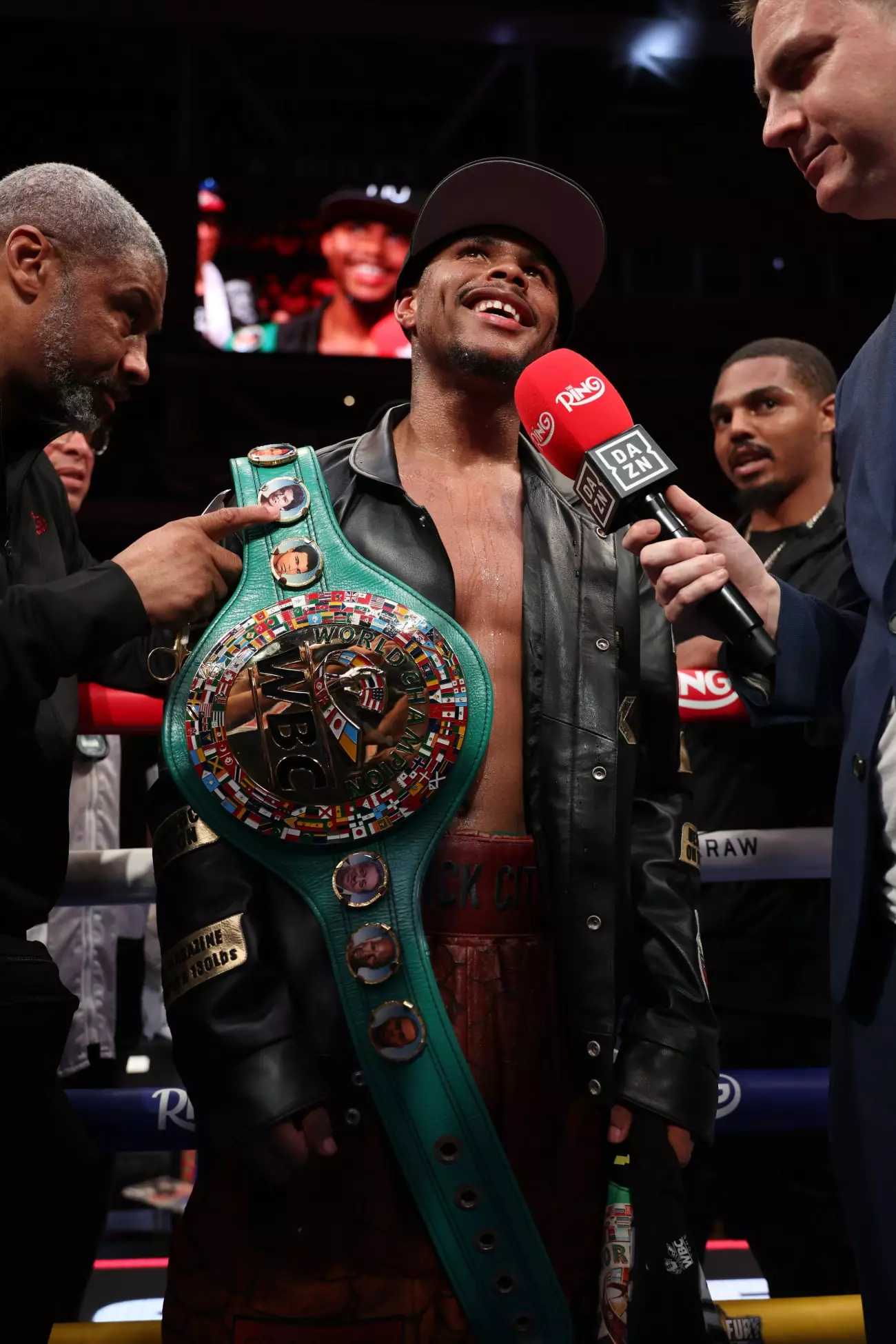Shakur Stevenson’s declaration that he will prove himself as the best fighter on the planet when he steps into the ring against Teofimo Lopez in 2026 is bold, perhaps even reckless. While confidence is essential in combat sports, the American boxer’s assertions border on overconfidence that is not backed by a comprehensive fight resume. Claiming to be the best without consistently facing elite opponents raises questions about the depth of his self-assuredness. It appears Stevenson’s bravado is motivated more by marketing strategies and career planning than by an objective assessment of his skills relative to the sport’s top-tier fighters.
Such statements drive attention, but they can also be a double-edged sword, setting unrealistic expectations. To truly establish himself as the cream of the crop, Stevenson must overcome a formidable hurdle: demonstrating dominance against fighters who have proven their prowess at the highest levels. An inflated sense of self-identity, especially when based on limited exposure to elite opposition, can erode credibility among discerning boxing fans and analysts alike. Confidence is important, but it must be grounded in real accomplishments, not just aspirations.
The Fight Landscape: Are Stevenson’s Claims Just Hot Air?
Looking at Stevenson’s recent opposition provides a clearer perspective on his standing in the sport. His notable bouts have included William Zepeda, Josh Padley, Artem Harutyunyan, Edwin De Los Santos, and Shuichiro Yoshino—fighters who, while skilled, are not considered the absolute elite of the lightweight division. His claim to greatness seems premature when weighed against the lack of victories over top-ranked, proven punchers or champions.
Stevenson’s style, rooted in amateur technique and agility, has served him well but leaves questions about his power and resilience against the division’s bigger punchers. His performances against De Los Santos and Jeremia Nakathilia—both of whom possess significant knockout power—ended with him seemingly retreating or running away from danger, which is not a hallmark of the truly dominant fighters. Fans and critics alike are skeptical of his ability to withstand the toughest punches without resorting to evasive tactics. This is a significant weakness if he aspires to beat someone like Lopez, who is known for his explosive power.
The fact that Stevenson’s boss-level fights have been few and far between dilutes his claim of being the best. The path to that title should involve beating the best, not only calling them out from afar or fighting lesser opposition. His bravado appears to be more an act of bravado rather than a calculated step to genuine greatness.
The Business of Boxing: Timing, Injuries, and Strategic Moves
The upcoming fight against Teofimo Lopez is shrouded in intrigue, partly due to the timing and strategic considerations involved. Stevenson’s interest in delaying the bout until early 2026 might seem questionable at first glance, but it could reflect a strategic move. His recent fight where he took a beating from Zepeda—absorbing over 300 punches—highlighted his vulnerability. Waiting until he recovers fully, especially from hand surgeries and injuries sustained in recent bouts, makes pragmatic sense from a health standpoint.
Meanwhile, Lopez’s insistence on fighting sooner emphasizes the contrasting approaches of the fighters. Lopez, eager to settle the score, questions the delay, which could be perceived as impatience or confidence in his own readiness. The waiting game benefits Lopez more if Stevenson’s injuries hamper his performance, as he’s still recovering from hand surgery and recent punishment.
This clash isn’t just about skill and ego; it’s also a battle of positioning and timing. Stevenson’s strategic patience could backfire if he isn’t at his best physically when the fight finally occurs. Conversely, rushing into the ring prematurely could also diminish his chances of victory. From a commercial perspective, the fight holds enormous potential if marketed correctly, but the real challenge is ensuring both fighters are in peak condition mentally and physically.
Ultimately, Stevenson’s bullish stance might serve as a necessary psychological weapon—an act to elevate interest in what promises to be an exciting showdown. However, reality suggests that claiming to be the best fighter on the planet is a stretch when his resume and recent performances fall short of that lofty designation. Confidence must be accompanied by proven dominance over top-tier opposition, not just bravado and wishful thinking.
In essence, Stevenson’s future hinges on whether he can translate his words into genuine victories. The Lopez fight, if it materializes next year, will be the ultimate test—not only of his skills but of how much he truly believes he belongs at the summit of boxing. Until then, the boxing world should approach his claims with cautious skepticism, recognizing that true greatness in the sport is earned in the ring, not just declared.

